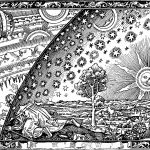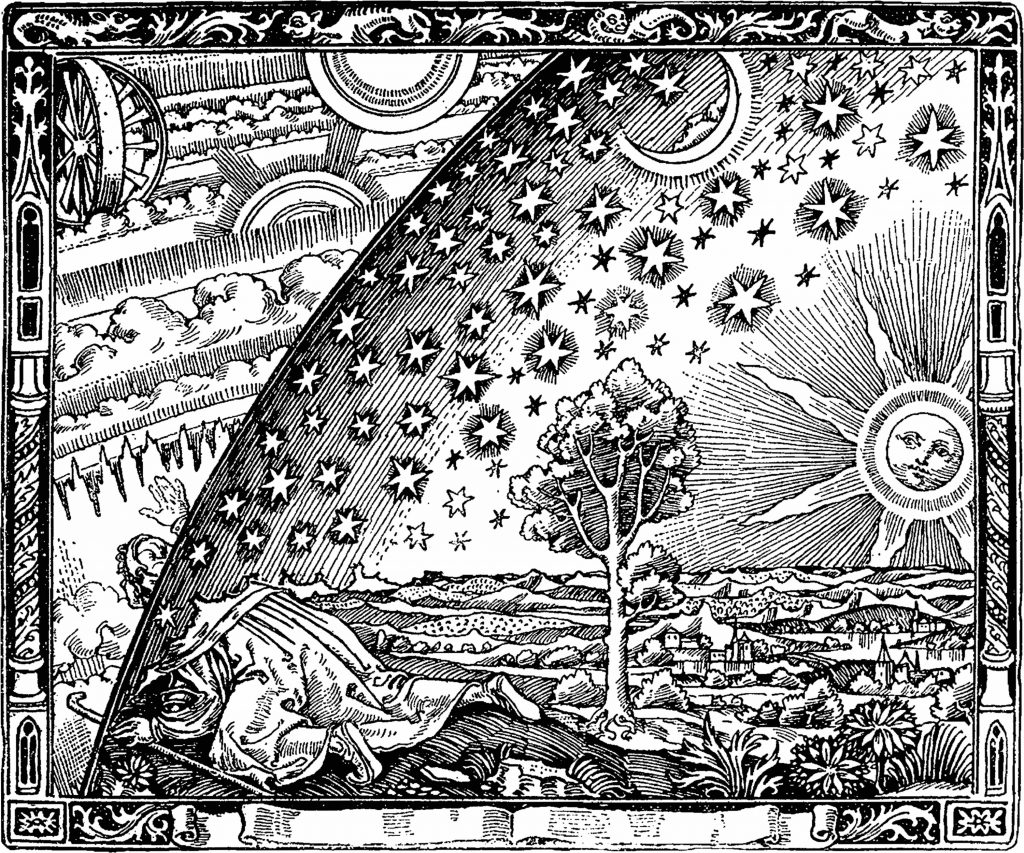What is the longest time somebody did not sleep? What happens in the brain when we sleep? Why do you sleep at night and not during the day? Do insects sleep? How do astronauts sleep in space?
Susanne van Doorn selected 15 funny and useful facts on sleep for Mindfunda that you probably did not know yet:
-
- Sleep Fact #1:
The longest time anybody stayed awake was 264 hours. Randy Gardner stayed awake for 11 days and 24 minutes in 1964. He was only 17 at the time. He slept for almost 15 hours when he was allowed to sleep after staying awake that long.
- Sleep Fact #1:
-
- Sleep Fact #2:
There is a sleep disorder caused by prion disease: Fatal Familial Disorder. A prion is an infectious agent, a protein that has gone wrong. It attacks the nervous system of the brain, causing insomnia. It develops at middle age, and progresses to dementia. The first onset is sleeplessness, then it progresses. A good book about this awful genetic misconstruction of protein is “The family that couldn’t sleep” written by D.T. Max. (click&find on Amazon.com and support this site)
- Sleep Fact #2:
- Sleep Fact #3:
During sleep is the cortex very active, especially during rem sleep.
The Suprachiasmatic nucleus in the brain (SCN) is like a clock working on light. It generates your day-night rhythm: your inner biological clock. If the SCN does not register any light, the pineal gland starts to produce melatonin, a hormone that makes you feel sleepy.

The pons of your brain ignites the thalamus to slow down the motor parts of your body, causing sleep paralysis.

And last but not least, the neurotransmitters of the Ventrolateral preoptic nucleus shuts down alertness. You fall asleep…
-
-
- Sleep Fact #4:
You prefer to sleep at night because it was safer for Homo sapiens to be active during daylight. Being dependent on vision as we are, we can see danger coming our way in the light much better then in the dark. We need the light of the sun to set our biological clock. The light needs to be in our eyes that is why its is better not to wear sunglasses when you have trouble sleeping.
- Sleep Fact #4:
-
- Sleep Fact #5:
Sleeplessness can be caused by food, medicine, stress or illness. About 10 percent of the adult population suffers insomnia.
- Sleep Fact #6:
Why do you toss and turn at night? Mostly because of a bad bed, replacing the mattress can be a good idea. Stress and sorrow can also cause the tossing and turning.
- Sleep Fact #7:
There is something called sleeping sickness. It is an African disease caused by Trypanosome brucei. The parasite enters the lymphatic system and passes into the bloodstream.
- Sleep Fact #9:
Narcolepsy is a malfunctioning of brain areas that messes up the sleep wake cycle. People suffering from narcolepsy have sudden sleep attacks that usually last a few seconds or minutes.
- Sleep Fact #10:
Some researchers are convinced we have a sleep dept, that we owe our body a certain sleep time. Stanley Coren wrote this book about it. If you lose two hours of sleep one night, can you make up for it by sleeping two hours extra the following night? It does not work that way…
- Sleep thieves Stanley Coren
- Sleep Fact #11:
We need about 7-9 hours of sleep each night.
- Sleep Fact #12:
Even insects like the Drosophila melanogaster sleep.
- Sleep Fact #13:
An elephant sleeps standing up during non rem sleep, but lies down during rem sleep. - Sleep Fact #14:
Astronauts sleep in space in special cells in a sleeping bag that is tied to the wall. Sometimes they use a pillow, even though you do not need one in space.
- And the final Sleep Fact #15 contains a tip too:
On of the best ways to reset your sleep cycle is not eating for 12-16 hours before you go to sleep. It is one of the most effective ways to deal with jet lag. I tried this out myself when I flew to America last summer: it helped me adjust to the 10 hour time difference within 3 days.
For more tips on healthy sleep we recommend this free eBook;
MINDFUNDA FREEBIE:
If you want to sleep and remember more dreams, here is a FREE eBook
for you with ten easy tips to quickly increase your dream memory.
Our Current Courses (Click to find out More)
Sign up for our free e-book: 10 easy ways to instantly improve your dream memory
Ready for more free Mindfunda content on ‘DREAMS‘?
the Science of sleep (film with trailer)
The science of sleep Stéphane (Gael Garcia Bernal) is a lucid dreamer. His lucid dreams started when he was a ...

Sleep: how long can you stay awake? and 15 other secrets about sleep
What is the longest time somebody did not sleep? What happens in the brain when we sleep? Why do you ...

Three steps to a good night sleep
3 Steps from good food to a good night sleep (which are actually four steps) Our brain has this magical ...




